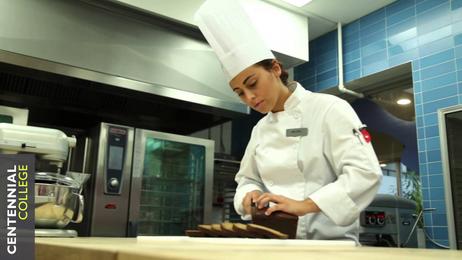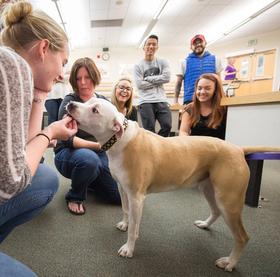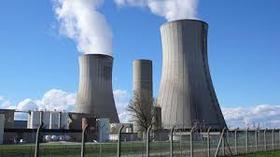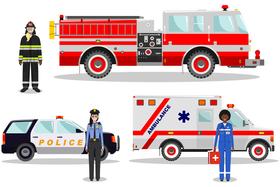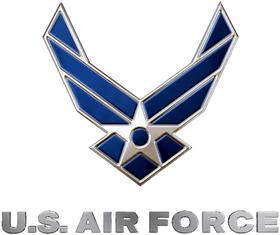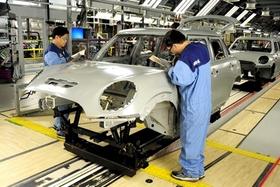If you are considering a future career or a professional change, let the winds of change take you into a new industry. For community college students, the American wind energy industry is growing rapidly. Consider the following indicators:
- The American Wind Energy Association (AWEA) reports that by the end of 2008, approximately 80,000 people in the United States were employed in the wind industry, up from 50,000 at the end of 2007.
- Wind turbine installations in 2008 were up 50% from the previous year, according to the AWEA report.
- By the end of 2008, the United States had pulled ahead of Germany to lead the world in terms of wind energy production and cumulative wind power generating capacity.
- The 2009 federal stimulus is providing federal funding to colleges and universities in various states to support the development of wind turbine technology.
- The U.S. Department of Energy has developed a Wind and Hydropower Technologies Committee, which is working to realize a goal of having 20% of the energy in the United States produced by wind by the year 2030.
The explosion of the wind energy industry comes at the perfect time for Americans who are out of work and looking to enroll in a community college program that can train them for a new career.
The U.S. Bureau of Labor Statistics reports that wind turbine technicians “build or service individual turbines, help with the construction of entire wind farms, or work indoors at


